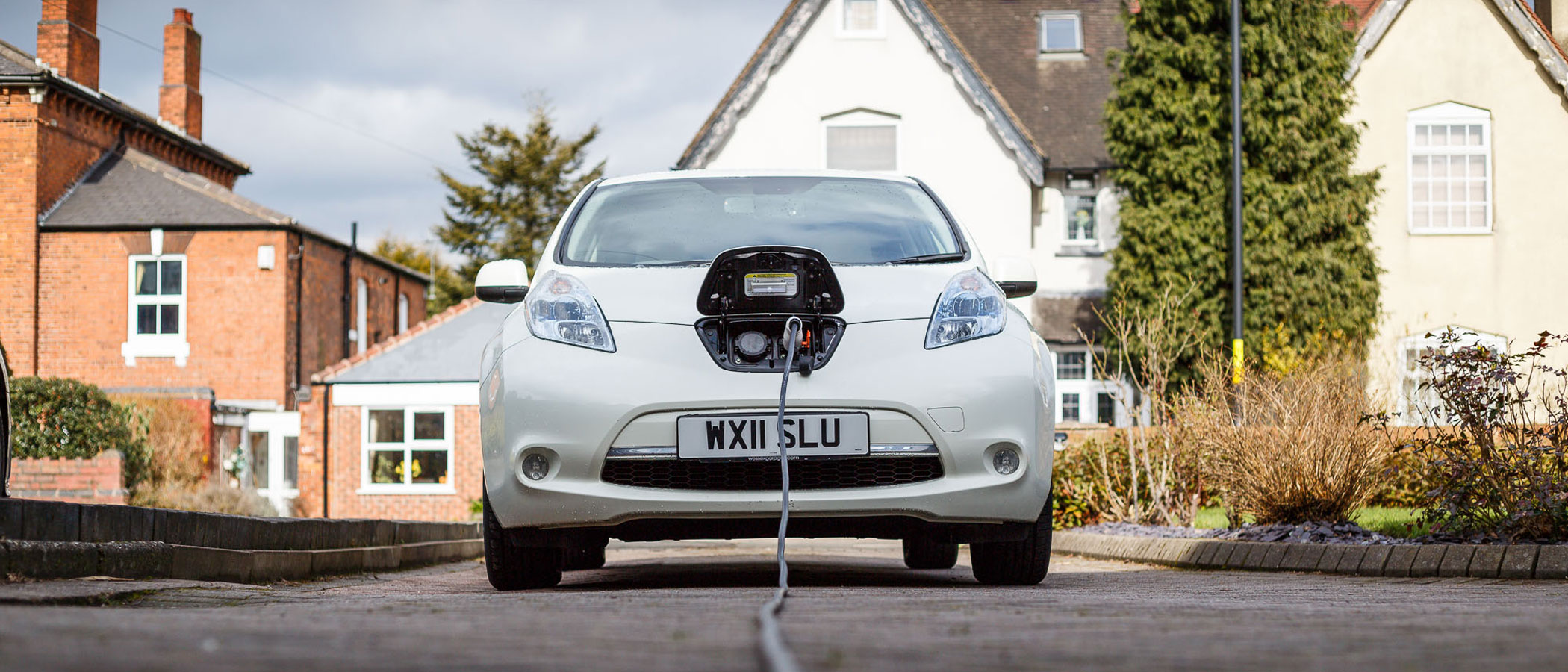Rise by Six: Your Daily Dose of Inspiration
Explore insights and stories that elevate your day.
Charge or Be Charged: The Future of Electric Cars
Discover why electric cars are revolutionizing the road! Charge ahead or risk being left behind in the future of driving.
The Rise of Electric Cars: Benefits and Challenges Explained
The rise of electric cars is transforming the automotive industry, driven by a growing awareness of environmental issues and the need for sustainable transportation solutions. These vehicles offer numerous benefits, such as reduced greenhouse gas emissions, lower operating costs, and improved energy efficiency. According to studies, electric cars can produce up to 50% less CO2 compared to traditional gasoline vehicles over their lifetime. Moreover, advancements in battery technology have led to increased driving ranges and quicker charging times, enhancing the convenience and appeal of electric vehicles to a broader audience.
However, the transition to electric vehicles is not without its challenges. One of the primary obstacles includes the limited charging infrastructure, especially in rural areas, which can deter potential buyers from making the switch. Additionally, the production of electric car batteries raises concerns regarding resource extraction and environmental impact. As the industry evolves, it is crucial for policymakers, manufacturers, and consumers to collaborate in addressing these challenges while maximizing the benefits of electric cars, ensuring a smoother transition to a more sustainable future.

How Charging Infrastructure is Shaping the Future of Electric Vehicles
The rapid evolution of charging infrastructure is a critical component steering the future of electric vehicles (EVs). As more consumers make the transition to electric mobility, the availability and convenience of charging stations play a significant role in shaping their purchasing decisions. Key developments include the expansion of fast-charging networks and the integration of charging solutions into public spaces, homes, and workplaces. With the US government and private companies investing heavily in EV charging technologies, we can expect a proliferation of charging stations, ultimately alleviating range anxiety and encouraging broader adoption of electric vehicles.
Moreover, the evolution of charging infrastructure is not just about quantity; it also involves technological advancements such as smart charging solutions and renewable energy integration. These innovations enable a more efficient charging process, allowing drivers to optimize their energy consumption based on peak hours and lower rates. As the electric vehicle market becomes increasingly competitive, the synergy between cutting-edge charging infrastructure and advancements in EV technology will be pivotal in driving consumer acceptance. Ultimately, the continuous improvement and investment in charging infrastructure will prove essential for a sustainable and electrified future on our roads.
Are Electric Cars Really Sustainable? Debunking Common Myths
The discussion around the sustainability of electric cars is often clouded by misconceptions. One common myth is that electric vehicles (EVs) are entirely free of emissions. While it’s true that EVs produce zero tailpipe emissions, the reality is more complex.
Many people overlook the emissions involved in producing electricity, particularly if it comes from fossil fuels. However, even when accounting for the source of electricity, studies show that electric cars generally emit less greenhouse gases than conventional vehicles over their entire lifecycle. Additionally, advances in battery technology and a growing shift towards renewable energy sources only strengthen the case for the sustainability of EVs.